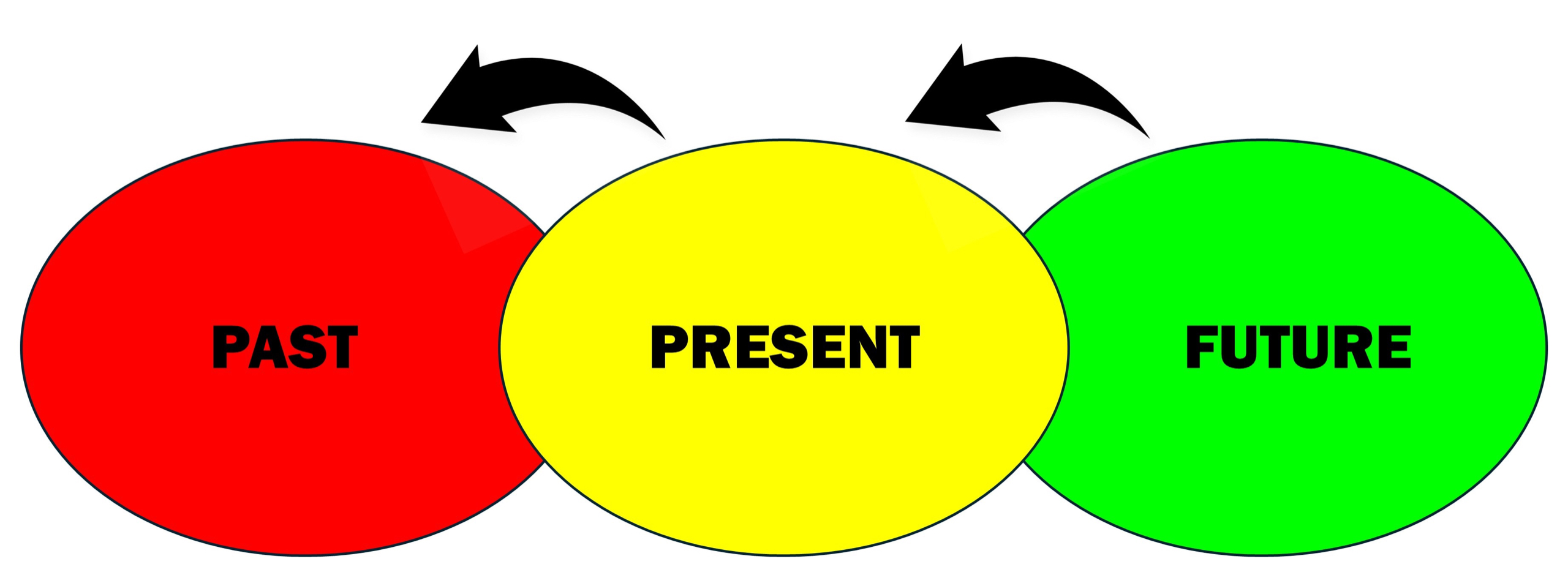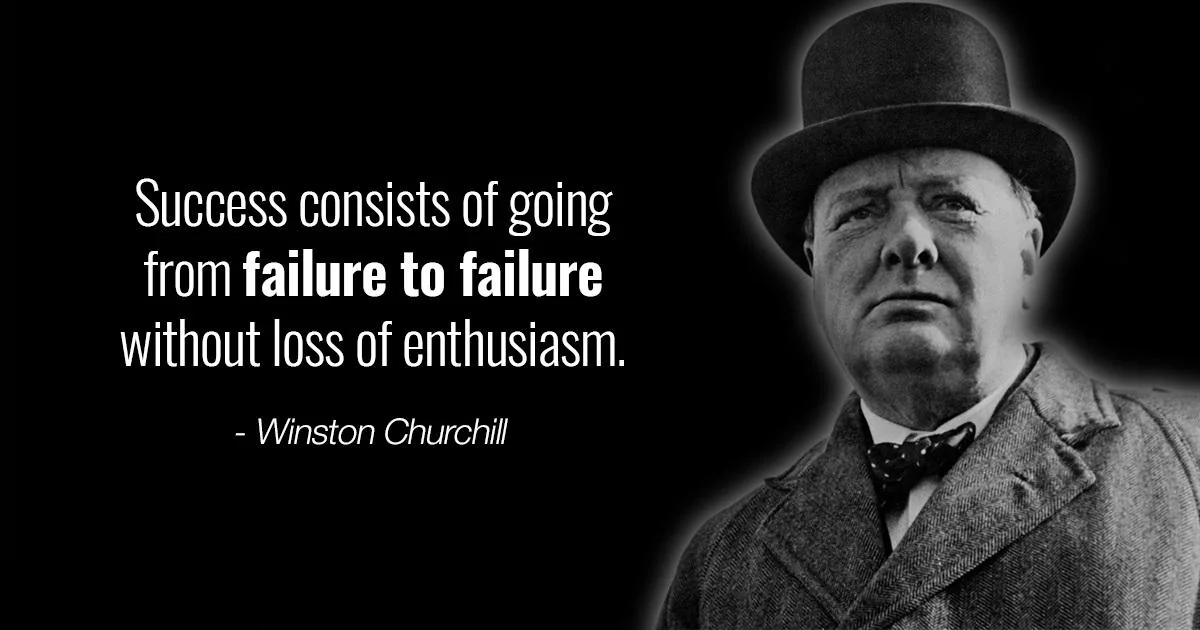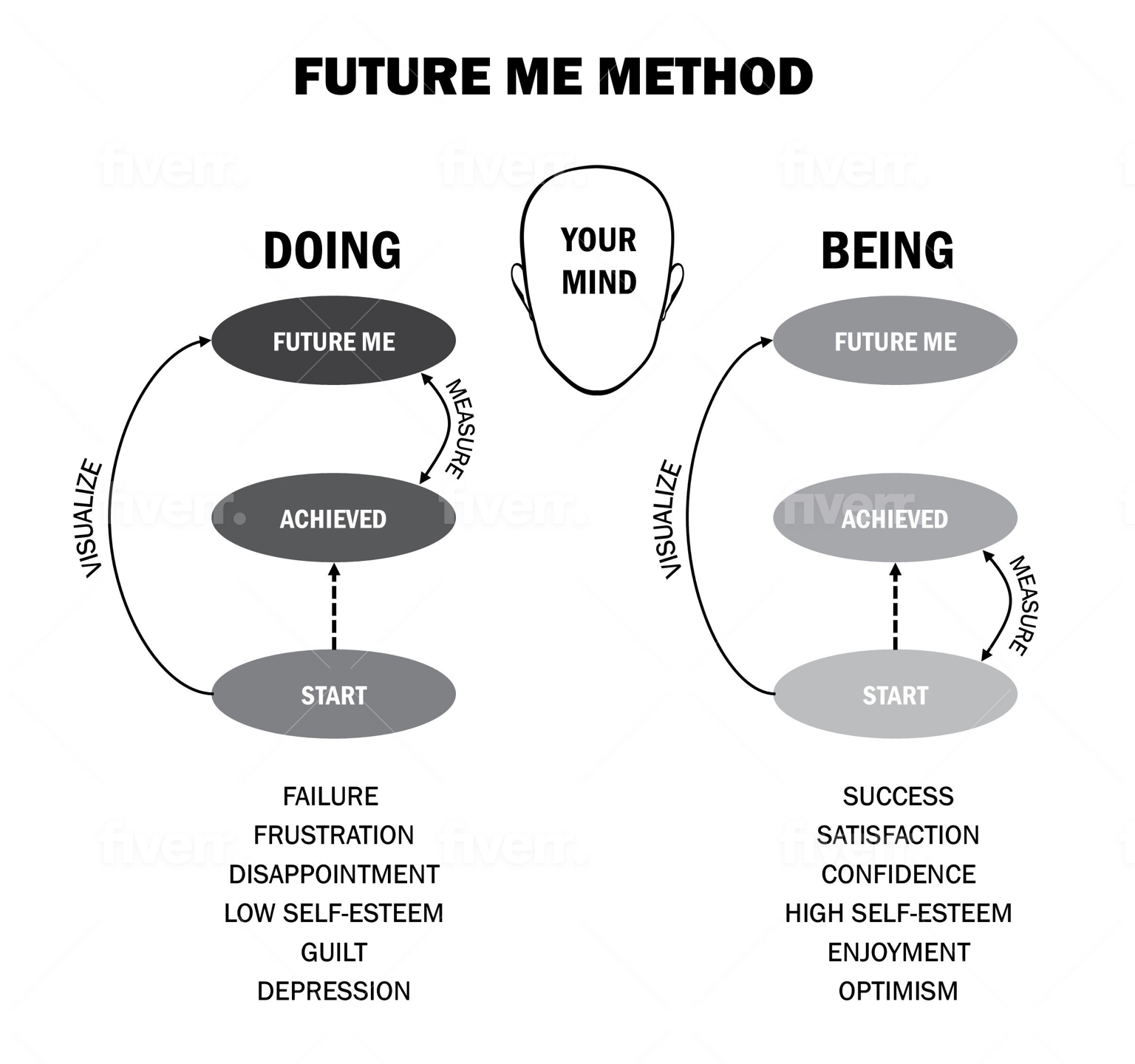
Future Me Now
Pathway Thinking
Create New Pathways To Your Future Me
We seek out and identify multiple pathways to our goals, pick the most appropriate routes for our situation and monitor our progress over time. There are the plans that carry us forward, but we're aware that obstacles can arise at any time. So we remain curious and open to finding better paths to our hopeful goals.
Take Winston Churchhill for an example; did you know that he failed sixth grade or that he was defeated in every election for public office until he finally became the British Prime Minister? He is now known as one of the world's greatest leaders. What was his mindframe? Do you think he said to himself, "wow! That was a horrific failure; I am never going to run for public office ever again!" No. Instead, Churchhill embraced failure and created new pathways
In his TED Talk "The Psychology of our Future Self ”, Harvard psychologist Dr. Daniel Gilbert explains a bias that almost all of us have: We tend to think that the person we are today is the person we will always be.
Most people, when asked if they are the same person they were 10 years ago, will say no — but we have a much harder time seeing potential for change in the future. Gilbert and others refer to this as the "end of history illusion.” Despite awareness that our past self is clearly different than our present self, we tend to think that who we are right now is the “real” and “finished” version of ourselves, and our future self will be basically the same as who we are today. Gilbert puts it simply: “Human beings are works in progress that mistakenly think they’re finished.”
In a world where external narratives tell us who we should be and what success looks like, you need a way to find your own path and make ways based upon your hope.
It’s an intentional approach to personal development that puts you back in the writer’s chair of your own life story, not a character swept along by circumstances.
The process includes:
- Reflecting on what would be a good life for you (not based on others’ expectations)
- Identifying the specific goals and skills you want to achieve
- Understanding why these goals matter to you
- Developing concrete, actionable plans to achieve them
- Anticipating obstacles and planning how to overcome them




